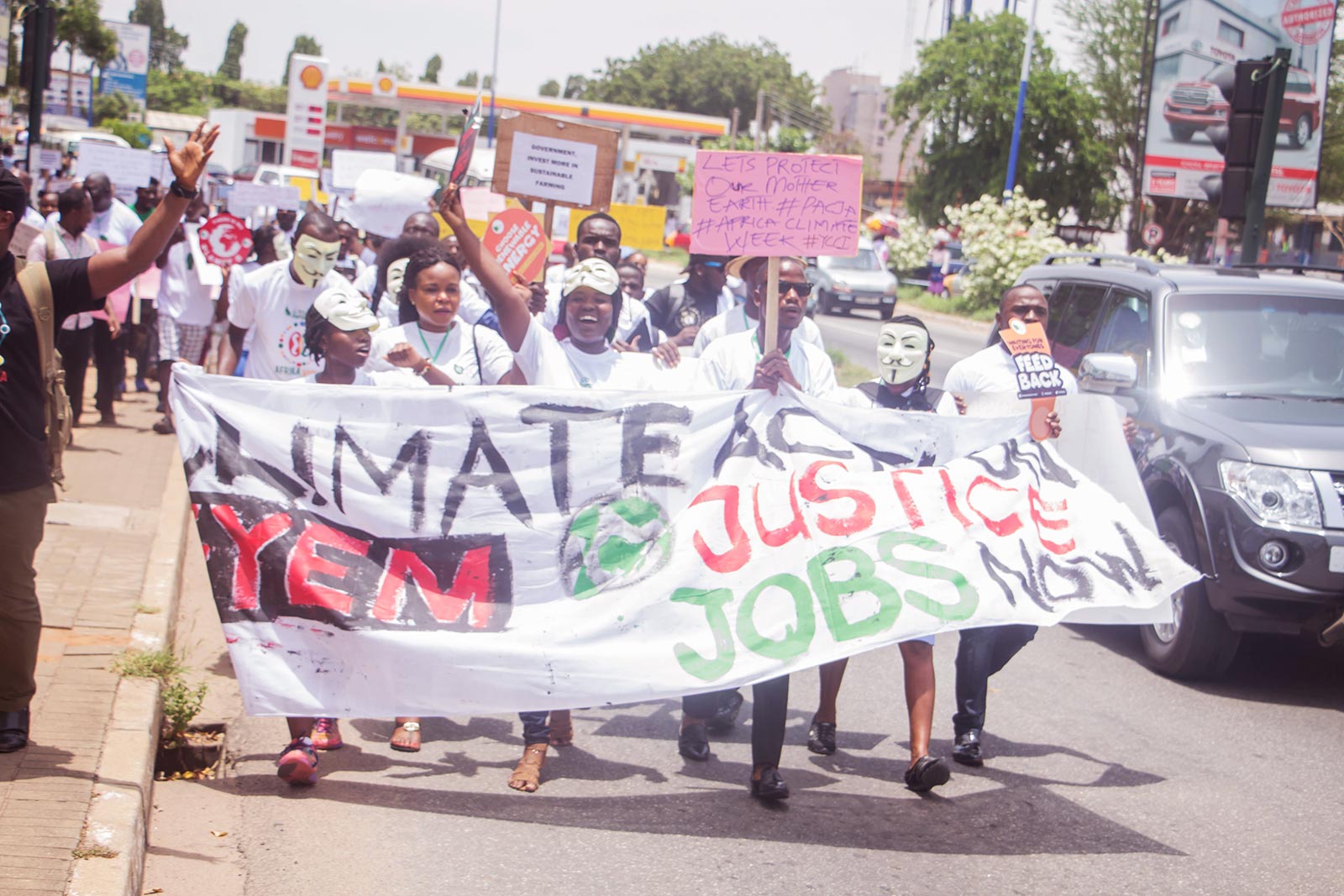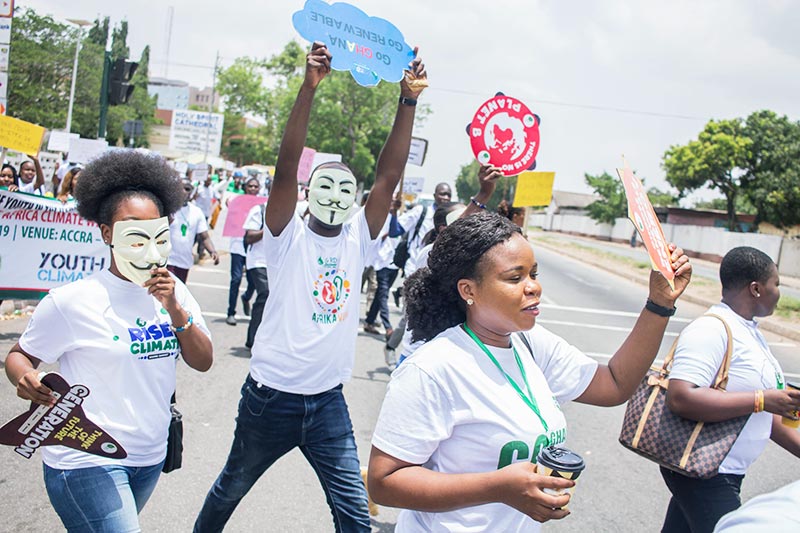GIFSEP Empowers Environmental Stewards in Secondary Schools in Nigeria
“Good habits formed at youth make the difference” - Aristotle.
In recognition of this, the Global Initiative for Food Security and Ecosystem Preservation (GIFSEP) is undertaking a project targeted at building the capacity of students and teachers to address Climate Change primarily by promoting environmental stewardship through behavioural change and skills in renewable energy and waste management.
The Project whose implementation began in November 2017 targets Senior Secondary Schools in the Federal Capital Territory (FCT), Nigeria. It is being implemented under the supervision of the FCT Secondary Education Board and funded by the United Nations Development Programme's Global Environmental Facility Small Grants Programme.
Thus far, activities carried out have included training workshops and school visitations.
The project has equipped students and teachers through numerous trainings on climate change, renewable energy and waste management to address environmental challenges. Through our support, the students have been able to establish environmental clubs in their schools which now serves as the primary vehicle for taking climate action in their respective schools. The Capacity Building of Students to address climate change project, has received numerous positive commendations from the Secondary Education Board, FCT Schools management, teachers and students and more. Consequently, the project has been able to secure the commitment of teachers to raise a generation of green champions in their schools. Also, the students have pledged to the good environmental stewards.
Only recently, the GIFSEP team visited schools in FCT-Nigeria to officially establish new environmental clubs in Schools while also encouraging pre-existing environmental clubs to continue to take definite climate action. Overall, the students, teachers and the school management show great enthusiasm towards the project and have all committed to be ambassadors of the environment.
As a team, we are glad that we were able to put smiles on the faces of students and teachers this year in spite of the many challenges that came along with the COVID-19 pandemic.
By Ogho Udoko and Joseph Ibrahim
GIFSEP, Global Initiative on Food and Ecosytem Preservation
“Stop Procrastinating and lip-service, Take Immediate Action” Activists in Ghana tell African Leaders
On the 21st of March, 350 Ghana Reducing Our Carbon took to the streets together with Ghana Youth Environmental Movement, Green Africa Youth Movement and other climate justice organisations like PACJA, Peasant Farmers Association of Ghana, Friends of the Earth Nigeria to demand real climate action.

The action was amongst a series of activities by the 350 GROC team in response to the proceedings of the Africa Climate Week hosted by the government of Ghana from 18 - 22 March. The summit’s aim was to enhance engagement between State and non‐State actors in the key sectors of energy, agriculture and human settlements.

The activists in Accra clearly expressed their opposition to fossil fuels and carbon markets, saying that such false solutions have no place in the new dawn of Ghana, and Africa if we have to combat climate change and achieve the goals of sustainable development.
Before that action, a press conference was held where 350 GROC and its partners asked their government to stop the lip-service and accelerate the energy transition towards 100% renewables.
Although there were no solid commitments from the Africa Climate Week, 350 GROC committed to continuing to push the Ghanaian government to be ambitious and not delay the transition for a 100% renewable energy future.
- Rukiya Khamis

